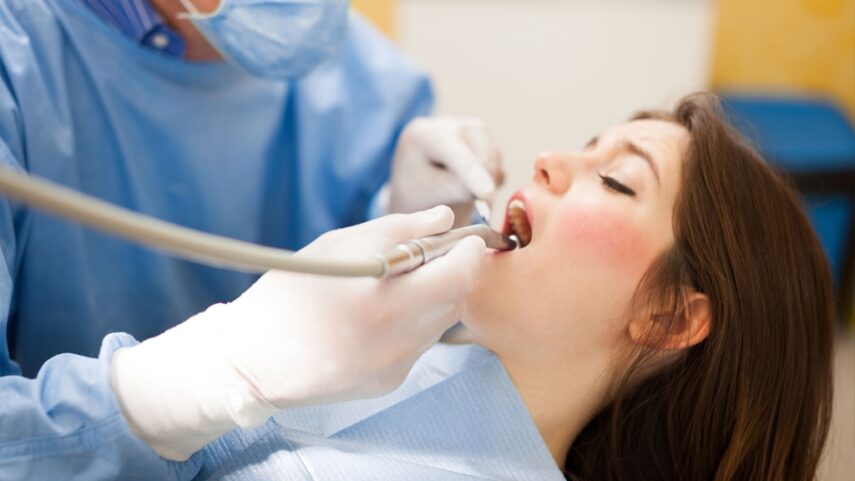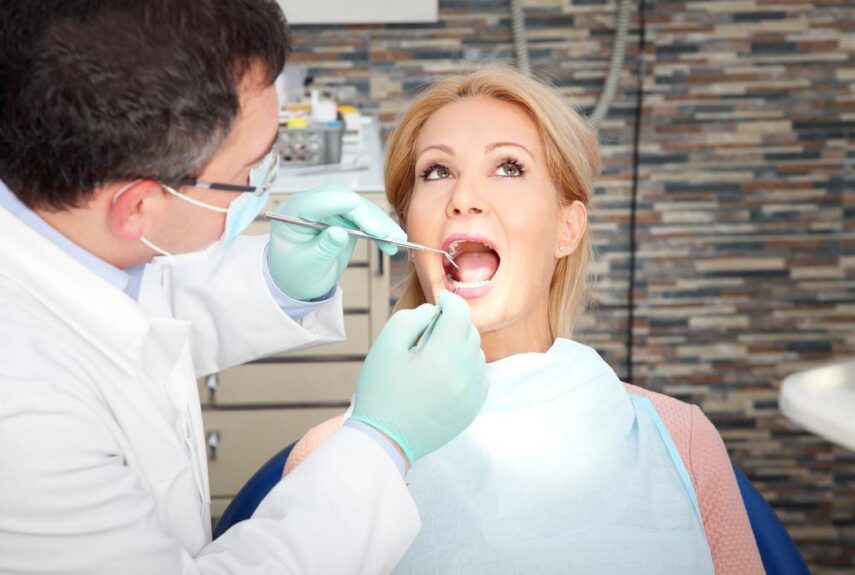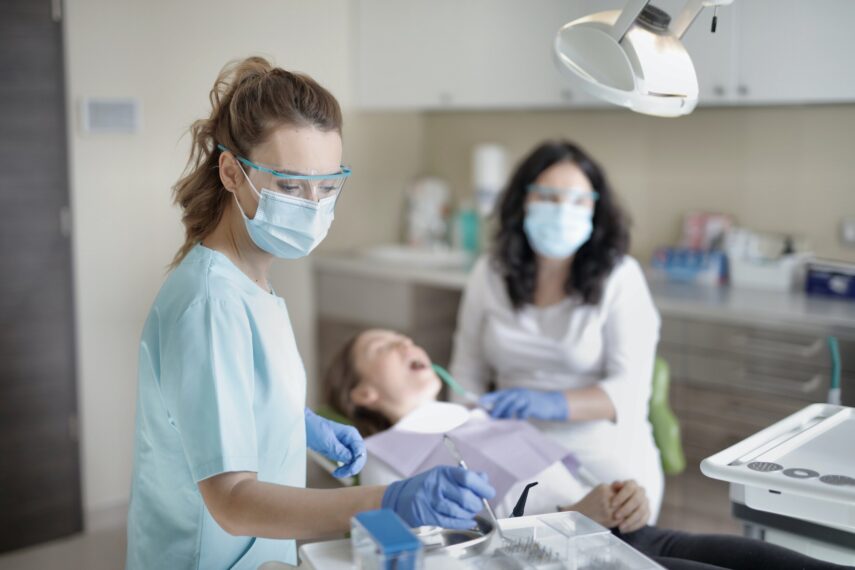Extracting a tooth, also called exodontia, is the removal of a tooth or teeth from the dental alveolus (socket). It is a common practice in dentistry. Reasons for this include tooth decay and overcrowding.
It is important to know what to expect during and after the extraction. This overview describes different types of extractions, common symptoms after the procedure, and how long it takes to heal. Being aware of all this can help you to be prepared for your extraction and recovery – make sure to learn more about the procedure.
Pre-Extraction Preparation

Before a tooth extraction, it’s important to be prepared. Here are some tips:
- Get someone to help for 24 hours after the procedure.
- Gather heating pads, ice packs, medicine, liquids, and snacks ahead of time.
- Take prescribed medications, like antibiotics and pain relievers.
- Tell your dentist about all medications and supplements you take.
- Stop smoking two weeks before the extraction. Smoking affects healing processes and can increase the risk of infection.
The Basics of Tooth Extraction
Tooth extraction is the process of removing a tooth from its socket in the bone. This can be done for a variety of reasons including general pain, fear of infection, or overcrowding. It is important to understand the basics before undergoing an extraction so that you can make an informed decision and prepare yourself for what to expect afterward. During an extraction, your dentist will typically use local anesthesia and forceps to gently rock the tooth until it comes out. The entire procedure usually takes no more than 20 minutes.
Understanding the Recovery Process

After having a tooth extracted, it’s important to take some time for recovery and healing. Generally, a full recovery should take about two weeks but could take longer depending on how difficult the extraction was. During recovery, you can expect some swelling and bruising around your mouth which should subside after several days. You may also experience discomfort or pain which can be managed with over-the-counter medication such as ibuprofen or Tylenol. If prescribed antibiotics by your dentist, make sure to finish the course even if all symptoms subside.
Pain Management
The pain experienced during tooth extraction healing may vary from person to person and could last anywhere from days to weeks after surgery. When managing discomfort, you should focus on keeping the heat off the area and limit activities like eating crunchy food that could agitate the wound site. Topical medications like numbing gels are also effective in reducing swelling and numbness while cold compresses are helpful in relieving pain caused by inflammation in the area of extraction during healing.
Knowing When To See A Professional

If at any point during your healing process, you feel concerned about your recovery or experience persistent discomfort or bleeding at the site of your extraction, it’s important to contact a professional right away for advice or further medical help if necessary. Oral surgeons and dentists have extensive knowledge in this area and specialize in helping people safely heal from their extractions with minimal discomfort and risk of further damage or infection.
Caring for Your Mouth After Tooth Extraction
It’s essential to properly care for your mouth after having a tooth extracted so that it can heal quickly without complication. Keep your mouth clean by brushing twice daily with gentle motions around where the tooth used to be as well as flossing once a day paying special attention not to irritate surrounding sensitive areas while doing so Also avoid smoking as tobacco has been linked to slower healing processes during dental surgery recover.
Finally, make sure not to partake in any strenuous activities such as vigorous sports until completely healed as they can cause unnecessary pressure on surrounding teeth leading to further complications down road such as abscesses occurring due to too much exertion at vulnerable sites.
Foods To Avoid During

Although eating healthy is important following any surgical procedure there are certain foods that should be avoided when recovering from extraction as ingesting them may worsen discomfort or slow down healing time altogether. These include hot foods or beverages such as sugary sodas, coffee, tea, or acidic fruits since they tend to irritate wounds, especially when still tender. Also, hard candy should be abstained from as it might lodge itself into open cavities worsening lesions already present. Furthermore, sticky substances keep wounds irritated making it difficult for them to cicatrize correctly therefore granulated sugar-related products must also be kept away during this period.
Tips For A Smooth Recovery From Tooth Extraction
Taking proper care of yourself following oral surgery is paramount if one hopes to achieve a safe recovery without complications. Eating food rich in essential vitamins and minerals along with a good amount of sleep every day will go long way towards improving the overall state both physically and emotionally.
Additionally taking prescribed medications exactly according to directions provided by health professional guarantee rapid results to reach back homeostasis levels quicker than expected.
Complications of Tooth Extraction

Tooth extractions are usually no-fuss, yet complications can happen. Common ones are:
- Dry socket: A blood clot not forming, or being dislodged, causes this. Pain, bad breath, and a bad taste in the mouth are signs.
- Infection: Bacteria entering the tooth socket can cause it. It may involve oozing from the socket, fever, or feeling unwell. Taking antibiotics can help.
- Excessive bleeding: If you bleed too much during or after, contact your dentist asap. They may need to put sutures back in or apply pressure.
- Nerve damage: This is rare, but may involve tingling/numbness in the tongue/lips, or trouble controlling facial muscles.
Conclusion
The healing process of a tooth extraction can take weeks. It depends on your dental health and the type of extraction you had. To make sure your recovery is quick and easy, follow these tips:
- Minor problems may occur – if they do, contact your doctor or dentist right away.
- A tooth extraction shouldn’t affect how you chew or speak. Just follow the post-operative instructions given by your healthcare provider.
Related Posts:
- 4 Foods You Should Avoid Eating After Tooth…
- Better Call Saul Season 5 Complete Schedule with…
- What is the Best Extraction Method for CBD Oil - 2024 Guide
- Shipping A Motorcycle To Pensacola – What You Should…
- Buying a Home in Colorado Springs? Here's What to Expect
- The Average Price of Bongs When Looking Online - How…







